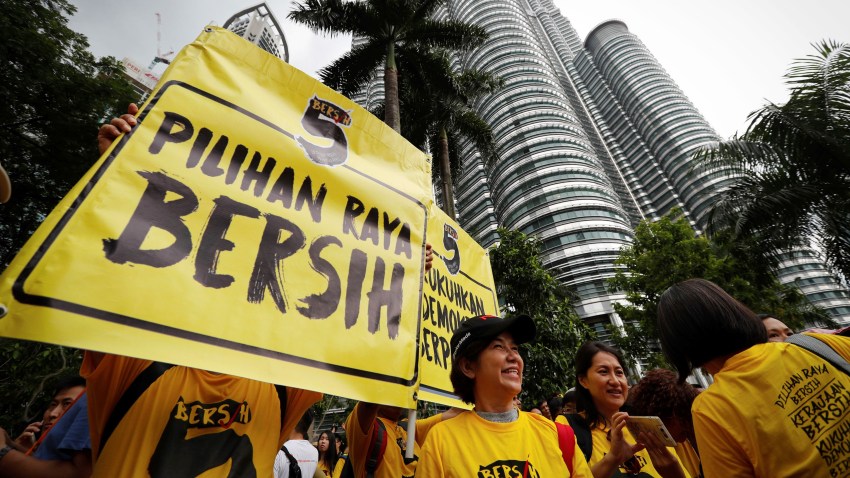Although widely overlooked outside the country, Malaysia recently experienced what is arguably the biggest shake-up to its electoral politics since the country’s independence from Britain in 1957, thanks to a law passed in 2019 that took effect on Dec. 15.
The legislation, which lowers the voting age from 21 to 18, will see 5.8 million new voters added to the electorate ahead of the next general election in 2023. Perhaps even more importantly, it represents a rare and encouraging victory on the part of Malaysian progressives, who have had very few wins to celebrate in recent years.
The campaign to lower the voting age was led by Undi18, a youth movement, and supported by Syed Saddiq Syed Abdul Rahman, a 29-year-old who served as minister of youth and sports when the law was passed and now leads a multiethnic and youth-focused party, the Malaysian United Democratic Alliance, or MUDA, which he founded in 2020.

